What putting Metropolitan Police in ‘special measures’ means for the force
Scotland Yard facing greater scrutiny and pressure to produce improvement plan following criticisms by watchdog
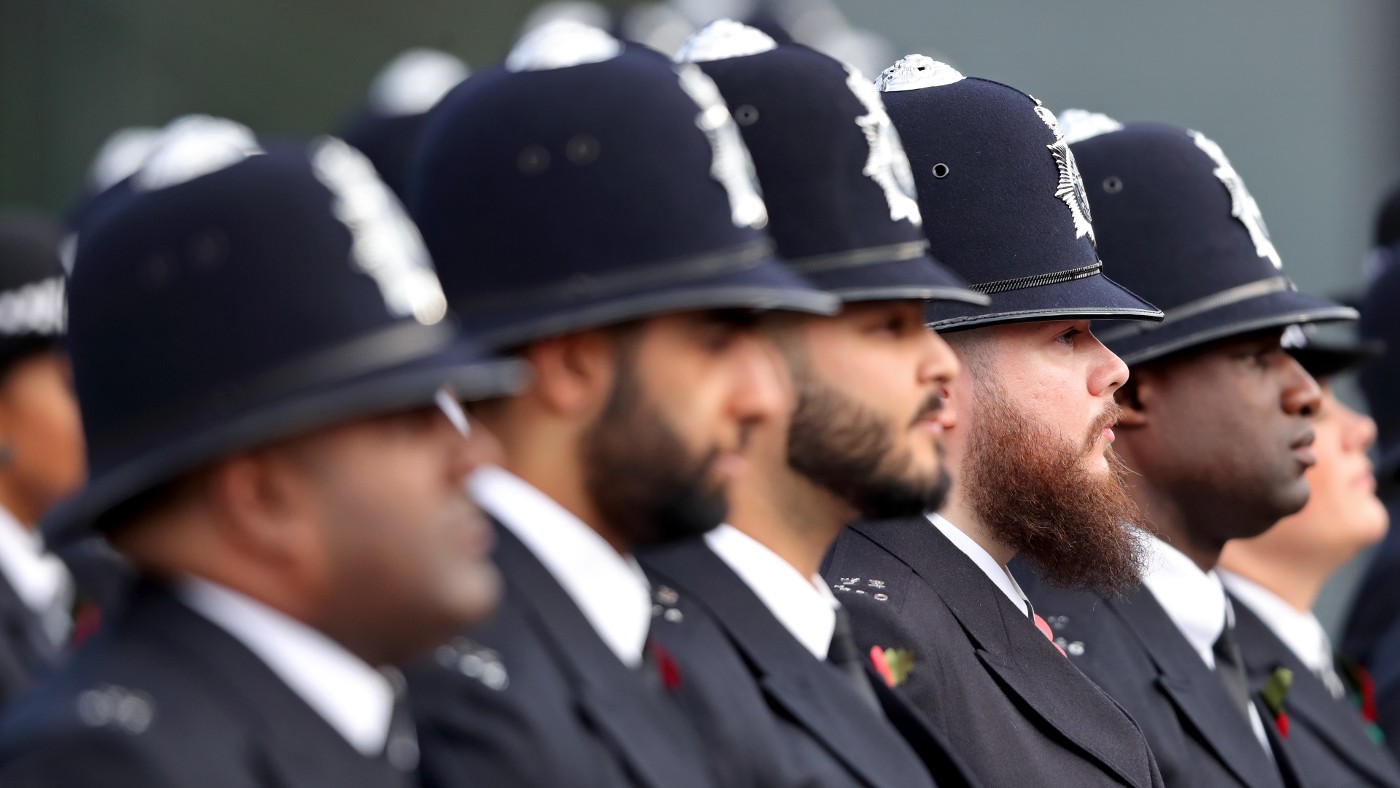
A free daily email with the biggest news stories of the day – and the best features from TheWeek.com
You are now subscribed
Your newsletter sign-up was successful
The policing watchdog has placed the Metropolitan Police under special measures after a force-wide inspection raised “substantial and persistent concerns”.
Her Majesty’s Inspectorate of Constabulary and Fire and Rescue Services said in a statement that “we are now monitoring” the London force “to help it make improvements”.
The measures “will place extra scrutiny on the Met”, which is “already suffering a leadership vacuum and fighting to improve public trust”, said The Times.
The Week
Escape your echo chamber. Get the facts behind the news, plus analysis from multiple perspectives.

Sign up for The Week's Free Newsletters
From our morning news briefing to a weekly Good News Newsletter, get the best of The Week delivered directly to your inbox.
From our morning news briefing to a weekly Good News Newsletter, get the best of The Week delivered directly to your inbox.
What triggered the move?
The decision followed the uncovering of a “litany” of failings by Scotland Yard in “fighting crime and serving victims”, The Guardian’s police and crime correspondent Vikram Dodd reported. The watchdog pointed to misconduct scandals, a failure to stamp out corruption, and “barely adequate standard of crime-recording accuracy”, with an estimated 69,000 crimes going unrecorded each year.
Matt Parr, who led the recent inspection, said other concerns included a lack of victim engagement, a vast backlog of online child abuse referrals, and a “lack of detailed understanding” of capability across all policing.
The Met was also found to be failing to meet national standards, and to be making errors on stop and search. The grounds for a quarter of stops were not recorded, “thus thwarting scrutiny of whether they were justifiable”, said Dodd.
What are special measures?
Inspectors usually conduct a “root-and-branch review of forces every few years”, according to The Times. But the watchdog can escalate a force into the “engage” stage, also known as special measures, on the basis of “significant or enduring concerns” about their ability to address underperformance.
A free daily email with the biggest news stories of the day – and the best features from TheWeek.com
For the Met, that means increased scrutiny and a requirement for the force’s leadership to produce an improvement plan. The Met will also have to report regularly to inspectors, the Home Office and other organisations.
And “later on”, a policing performance oversight group will scrutinise the changes made by the Met to “address its problems”, said��BBC home affairs researcher Lucy Gilder.
Only three other of the total 43 forces in England and Wales are in special measures. Greater Manchester, Cleveland and Gloucestershire are facing the same restrictions.
What next for the Met?
The watchdog’s criticisms follow a series of scandals involving the force. Inspection chief Parr said that the abduction, rape and murder last year of Sarah Everard by a serving officer had also had a “chilling effect on public trust and confidence”.
Former Met commissioner Dame Cressida Dick was forced out of the role earlier this year after losing the confidence of London Mayor Sadiq Khan as well.
Home Secretary Priti Patel is seeking a replacement for Dick, with the shortlist reduced to two Met insiders: Mark Rowley, a former head of counterterrorism, and Nick Ephgrave, currently part of the force’s top leadership.
A source told The Telegraph that the special measures move could prove “helpful for the new commissioner”, as “a launchpad to reform”.
Backing the special measures move, Patel said she expected “the Met and the London mayor to take immediate action to begin addressing” the issues raised.
Khan said that he would work closely with the watchdog and that the extra scrutiny was a “crucial first step” in reforming the force.
In a statement, the Met acknowledged the “cumulative impact of events and problems” facing the force. “We understand the impact this has had on communities and share their disappointment,” the statement continued.
“We are determined to be a police service Londoners can be proud of. We are talking to the inspectorate about next steps.”
Chas Newkey-Burden has been part of The Week Digital team for more than a decade and a journalist for 25 years, starting out on the irreverent football weekly 90 Minutes, before moving to lifestyle magazines Loaded and Attitude. He was a columnist for The Big Issue and landed a world exclusive with David Beckham that became the weekly magazine’s bestselling issue. He now writes regularly for The Guardian, The Telegraph, The Independent, Metro, FourFourTwo and the i new site. He is also the author of a number of non-fiction books.
-
 Local elections 2026: where are they and who is expected to win?
Local elections 2026: where are they and who is expected to win?The Explainer Labour is braced for heavy losses and U-turn on postponing some council elections hasn’t helped the party’s prospects
-
 6 of the world’s most accessible destinations
6 of the world’s most accessible destinationsThe Week Recommends Experience all of Berlin, Singapore and Sydney
-
 How the FCC’s ‘equal time’ rule works
How the FCC’s ‘equal time’ rule worksIn the Spotlight The law is at the heart of the Colbert-CBS conflict
-
 Why have homicide rates reportedly plummeted in the last year?
Why have homicide rates reportedly plummeted in the last year?Today’s Big Question There could be more to the story than politics
-
 How the ‘British FBI’ will work
How the ‘British FBI’ will workThe Explainer New National Police Service to focus on fighting terrorism, fraud and organised crime, freeing up local forces to tackle everyday offences
-
 ‘Stakeknife’: MI5’s man inside the IRA
‘Stakeknife’: MI5’s man inside the IRAThe Explainer Freddie Scappaticci, implicated in 14 murders and 15 abductions during the Troubles, ‘probably cost more lives than he saved’, investigation claims
-
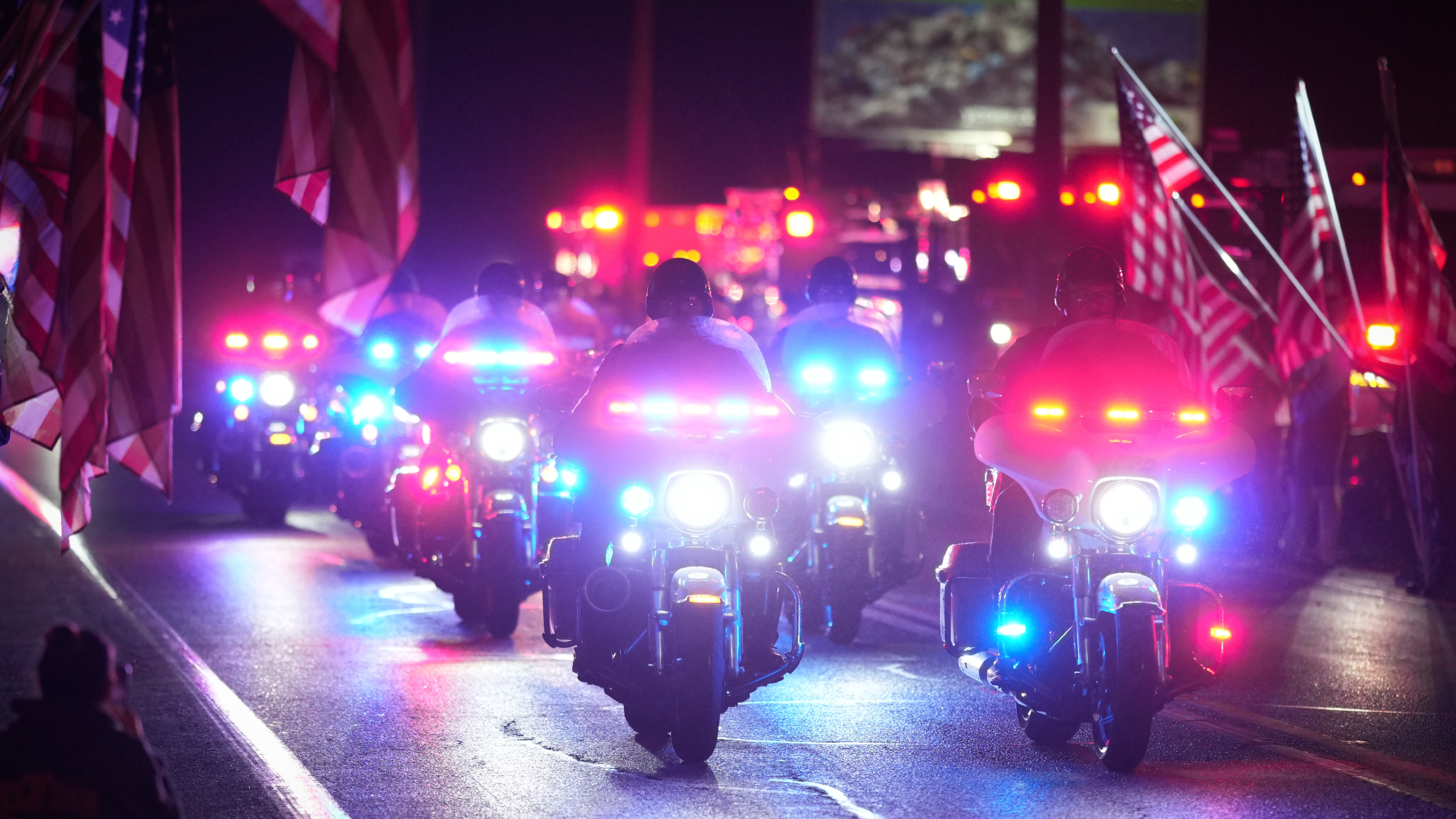 3 officers killed in Pennsylvania shooting
3 officers killed in Pennsylvania shootingSpeed Read Police did not share the identities of the officers or the slain suspect, nor the motive or the focus of the still-active investigation
-
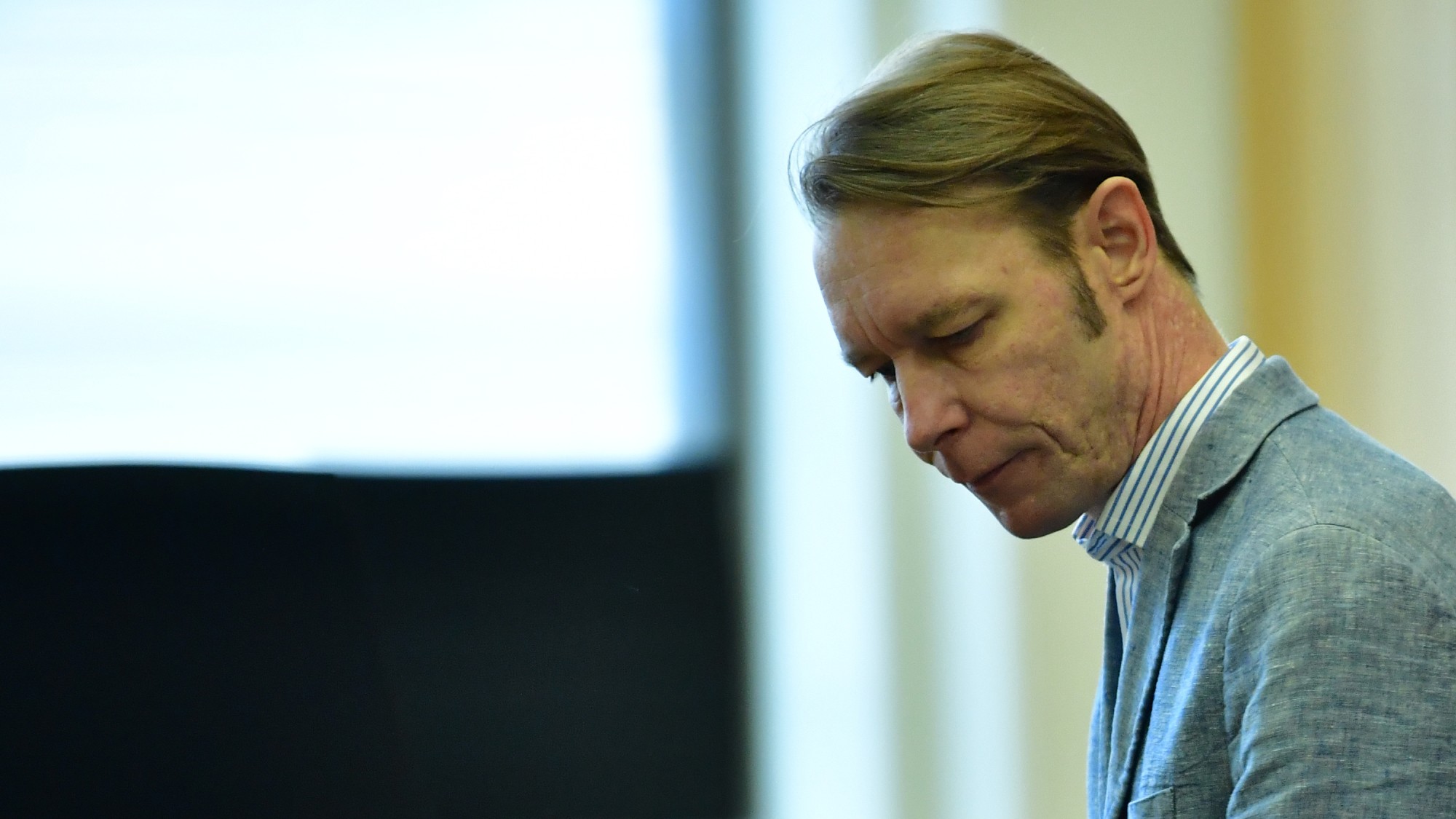 Christian Brückner: why prime suspect in Madeleine McCann case can refuse Met interview
Christian Brückner: why prime suspect in Madeleine McCann case can refuse Met interviewThe Explainer International letter of request rejected by 49-year-old convicted rapist as he prepares to walk free
-
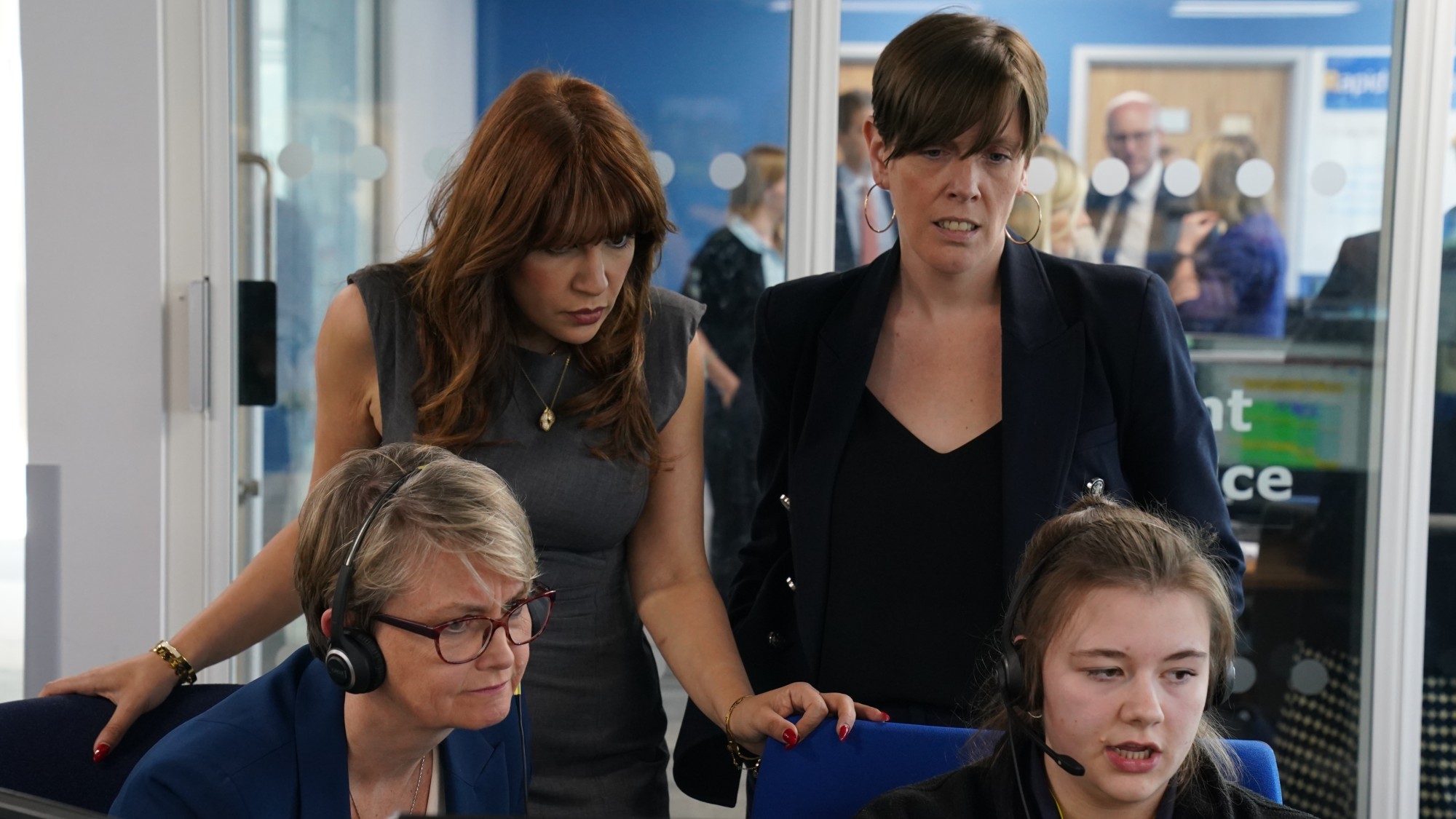 Dash: the UK's 'flawed' domestic violence tool
Dash: the UK's 'flawed' domestic violence toolThe Explainer Risk-assessment checklist relied on by police and social services deemed unfit for frontline use
-
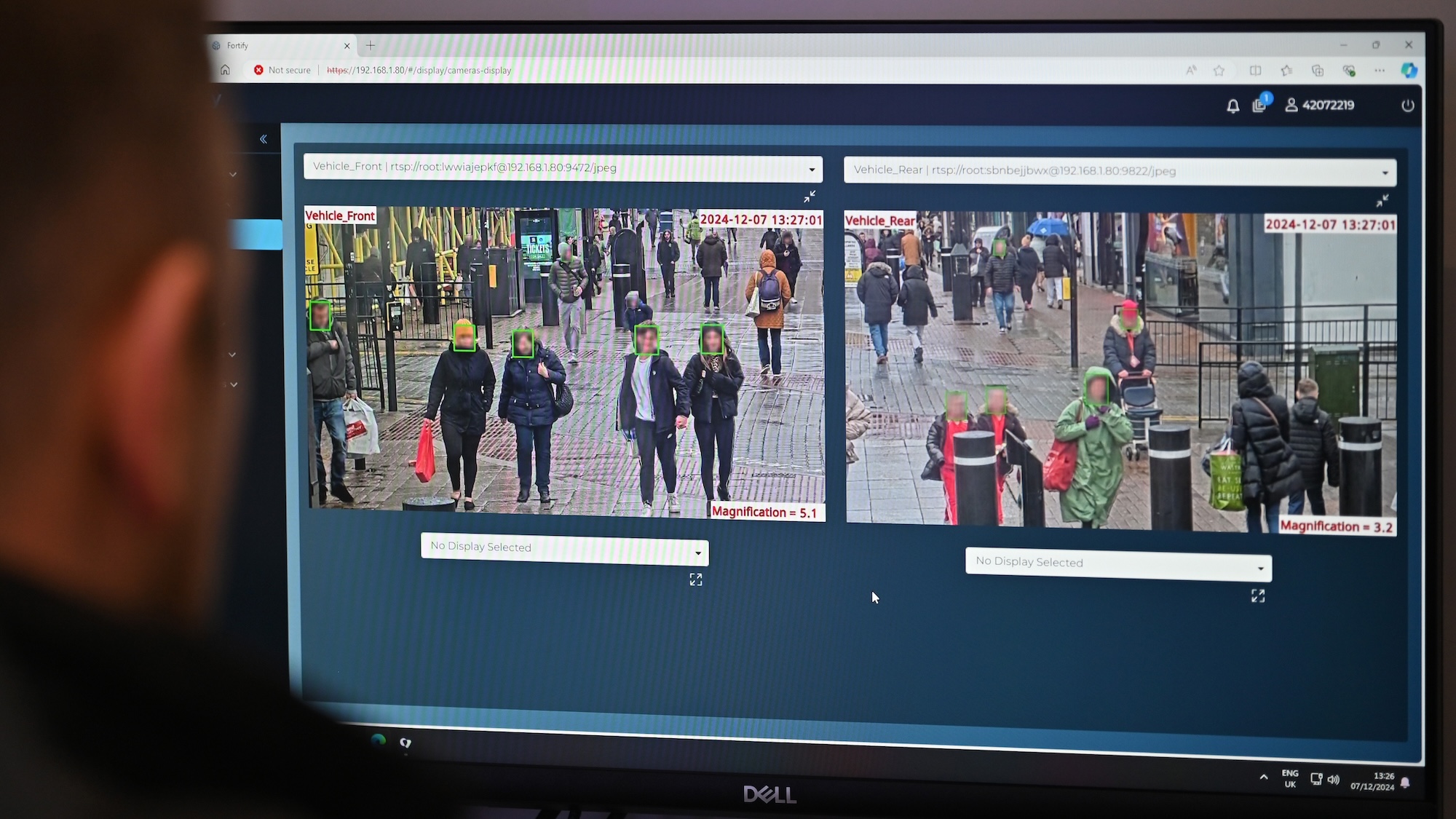 The ethics behind facial recognition vans and policing
The ethics behind facial recognition vans and policingThe Explainer The government is rolling out more live facial recognition technology across England
-
 What to do if your phone is stolen
What to do if your phone is stolenThe Explainer An average of 180 phones is stolen every day in London, the 'phone-snatching capital of Europe'